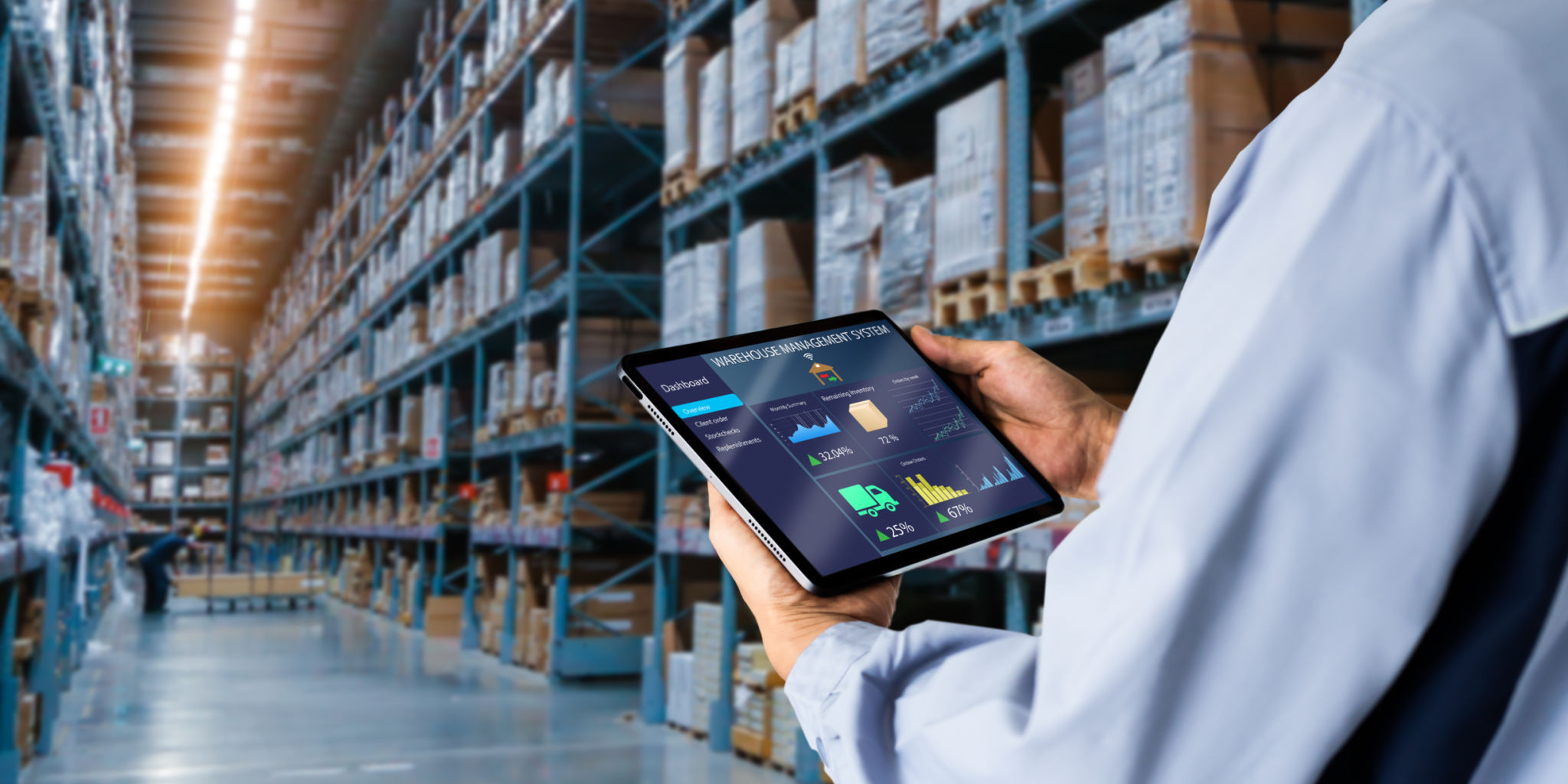The Future of Freight: Trends in Sustainable Long Haul Trucking
Introduction to Sustainable Long Haul Trucking
As the world increasingly embraces sustainability, the freight industry is undergoing significant transformations. Long haul trucking, a critical component of global supply chains, is at the forefront of this change. Companies are adopting innovative strategies to reduce their environmental impact and enhance efficiency. These trends are shaping the future of freight, making sustainable long haul trucking not just a goal but a necessity.
With growing environmental concerns, regulatory pressures, and advancements in technology, the industry is poised for a green revolution. Embracing these changes is crucial for companies aiming to stay competitive and responsible.

Electric Trucks: The Future on Wheels
Electric trucks are leading the charge in sustainable long haul trucking. The advent of electric vehicles (EVs) in the freight industry promises to drastically cut emissions. Companies like Tesla and Volvo have already introduced electric truck models, pushing the boundaries of what’s possible in terms of range and efficiency.
Although challenges such as battery life and charging infrastructure remain, continued investment and innovation are likely to overcome these hurdles. The shift to electric trucks is not only environmentally beneficial but also cost-effective in the long run, as they offer lower maintenance costs and reduced fuel expenses.

The Role of Hydrogen Fuel Cells
Hydrogen fuel cell technology offers another promising avenue for sustainable trucking. This technology enables trucks to run on hydrogen, emitting only water vapor as a byproduct. While still in its developmental phases, hydrogen-powered trucks have the potential to revolutionize long haul transportation by providing longer ranges and faster refueling times compared to electric trucks.
Smart Logistics and Route Optimization
Advancements in technology are also enhancing logistics efficiency through smart systems and route optimization. By leveraging data analytics and artificial intelligence, companies can optimize routes, reduce fuel consumption, and improve delivery times. This not only minimizes environmental impact but also enhances customer satisfaction.
Real-time tracking and predictive analytics allow for more efficient load management and traffic navigation, ensuring that long haul trucking becomes more sustainable with each mile traveled.

Government Policies and Incentives
Government regulations and incentives play a pivotal role in driving sustainability in freight. Policies aimed at reducing carbon emissions and promoting cleaner technologies are encouraging companies to adopt greener practices. Tax incentives, grants, and subsidies for sustainable vehicle purchases are making it financially viable for businesses to transition to eco-friendly fleets.
The Importance of Collaboration
Collaboration across the industry is essential to achieving sustainability goals. Partnerships between manufacturers, logistics companies, and governments can lead to shared resources, knowledge, and innovations. Collaborative efforts can accelerate the development of necessary infrastructure such as charging stations or hydrogen refueling networks.
By working together, stakeholders can create a more cohesive and sustainable future for long haul trucking that benefits both the environment and the economy.

The Road Ahead
The future of freight lies in adopting sustainable practices that align with global environmental goals. As technology continues to evolve, the transition towards sustainable long haul trucking will become increasingly attainable and beneficial. Companies that prioritize sustainability today will be better positioned to thrive in tomorrow’s market.
The journey towards a greener freight industry is underway, driven by innovation, collaboration, and a commitment to environmental stewardship. With these trends shaping the future, sustainable long haul trucking is set to become the new standard.